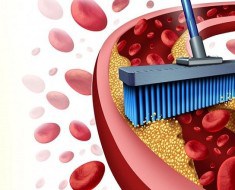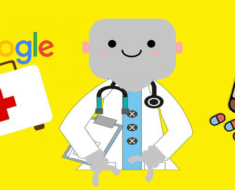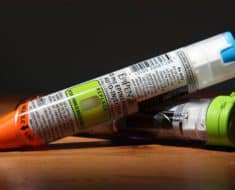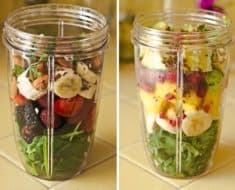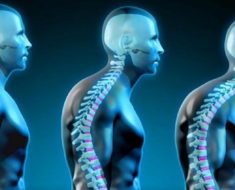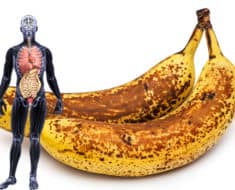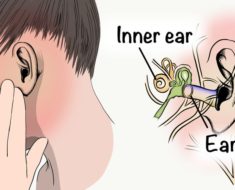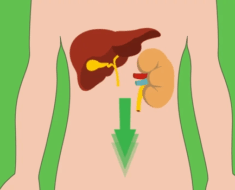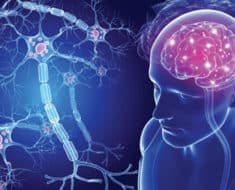
We have all experienced bloating before and know how uncomfortable it can be… However, some of us have to deal with it much more often than others. If you are one of these people, bloating most likely occurs for you after eating, leaving you feeling excessively full and with a sore belly. To help you find out why that could be and potentially address it, here are some of the most common causes of this bothersome condition.
Lactose intolerance
One of the most prevalent cause of bloating is lactose intolerance, a condition affecting around ⅔ of the world’s population. The issue occurs when the body lacks sufficient lactase, which is an enzyme required to break down lactose (the sugar found in milk and other dairy products). When lactose is not adequately digested, it ferments in the intestine, leading to has production, abdominal discomfort, and bloating.
Luckily, there are a few ways you can fight this. Of course, avoiding milk products or eating a lactose-free diet would be the ideal option, but you can also take Intoleran – a lactase pill which helps you digest lactose.
Overeating
Sometimes, the simplest explanation is the correct one. Overeating can easily cause bloating, as the stomach struggles to cope with the volume of food. This is particularly true if you consume meals quickly, leading to the ingestion of air alongside food. To minimize this, try eating smaller portions more often instead, and chew your food slowly and thoroughly.
High sodium diet
Consuming a diet high in salt can lead to water retention, which may also result in bloating. Sodium can cause the body to retain fluid, particularly around the abdomen. To combat this, reduce your intake of processed foods and snacks, which are typically high in sodium, and opt for fresh produce and lean proteins instead.
Constipation
A lack of regular bowel movements, or constipation, can lead to bloating. When stool remains in the colon for too long, it can cause the abdomen to feel bloated and swollen. Increasing your fiber intake, drinking plenty of water, and engaging in regular physical activity can help promote regular bowel movements and reduce bloating.
Insufficient hydration
Not drinking enough water can cause your body to hold onto fluids, resulting in bloating. Sufficient hydration helps to keep the digestive system running smoothly and prevents constipation as well as many other issues. Aim for six to eight glasses of water a day, and even more if you are active or live in a hot climate. Getting yourself a nice water bottle can help you stay on top of your water intake, if you tend to forget it throughout the day.
Artificial sweeteners
Found in many diet products, artificial sweeteners like sorbitol and mannitol can be hard for some people to digest. These sweeteners can cause fermentation in the gut, leading to the production of gas and, consequently, bloating. As opposed to taking supplements for lactose intolerance, there are unfortunately no pills to help you digest artificial sweeteners, so try reducing your intake and see if that helps.
Conclusion
Bloating is more common than you think, and it can be caused by various dietary and lifestyle factors. Based on that, you can experiment with different things and figure out what might be triggering it, as well as how to minimize the discomfort. However, if your bloating is severe or persistent, it is important to consult a healthcare professional to rule out any serious conditions.






